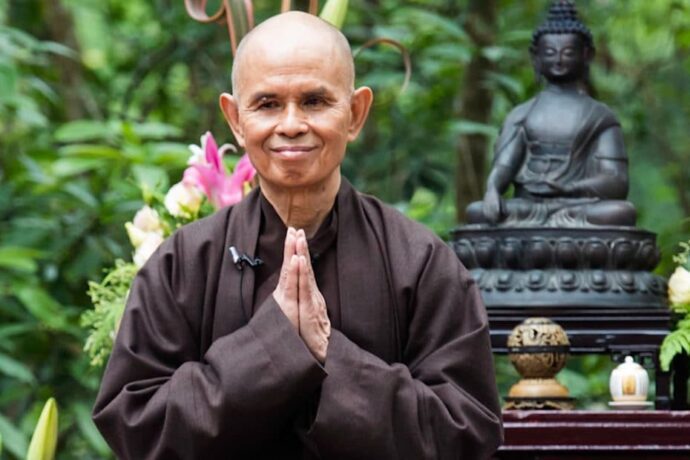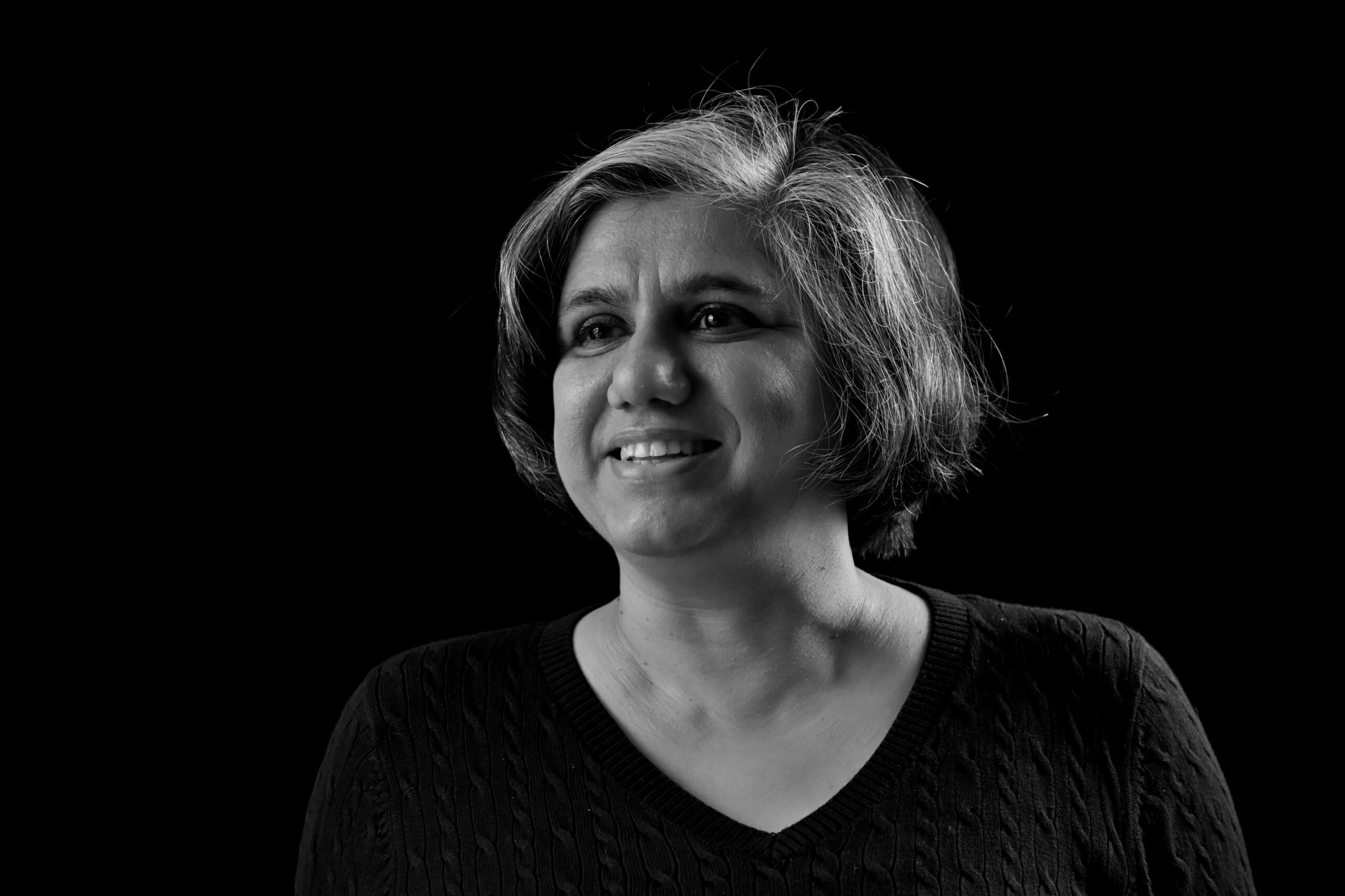Author – Monika Ahluwalia
My sports coach in school used to always say no matter how good you are, there is always a way to be better and this helped me develop a growth mindset from early on. What constitutes growth is different to different people. For me, growth is not about career progression or achieving a target but it is about continuous learning and being better than what I was the day before which is what drew me to pursue coach training. In my experience, most people choose coach training either to change their career path or to get the certification to gain credibility in their already established practice but in my case, it was neither. I chose the coach training more for my personal growth and to understand the coaching approach and techniques to leverage the learning in my current leadership role.
In my career so far, I’ve had the privilege to have a few executive coaches– a couple of really good ones and one not-so-good one so I knew first-hand how powerful the right coach and how effective coaching could be, which is what drew me to learn from one of the best in this industry, Coacharya! At the time of enrollment, my goal was to understand the dynamics of coaching and how to be coach-like in everyday dealings. I wanted to understand in a more structured manner, what it takes to start the journey of empowering people and how one can help someone discover answers by just asking questions rather than guiding or leading them, keeping in mind how unique each of us is.
I was blessed to have the most amazing trainer and coach that I could have asked for, Ujjaval Buch. Ujjaval not only imparted the training from the Coacharya curriculum but went above and beyond to share his personal experiences as a coach which could be of help to us. He provided personalized guidance to each of the cohort members keeping in mind our unique personalities and background, and what we intended to get out of the training.
The top 5 lessons that I picked from the coach training which I have been effectively using in my current role as a leader and have been receiving very positive feedback from my colleagues are:
Power of being aware and developing a coaching mindset
“Nothing is more precious than being in the present moment, fully alive and fully aware.”
Thich Nhat Hanh

The idea of being present in the moment cannot be overstated. When we are present, we are more aware of our surroundings, and with this heightened awareness, we can see the unseen. Every moment can be a learning opportunity if we allow it to be. Oftentimes, we become victims of established structures and our routines. We go through the motion rather than experiencing and enjoying each moment. While systems and structures are wonderful in providing order, they deceive us from living in the present. Making an effort to be in the moment and developing a reflective practice has definitely been the first and personally the most impactful learning for me.
Power of ‘in the moment’ coaching
Earlier I used to think that to be able to make any meaningful impact through coaching, one needs to find dedicated time and a specific opportunity. But going through this coach training made me realize that once you are aware and develop a coaching mindset, you can coach in any and every moment and do not have to find a specific time or topic to coach someone on. And over time, the incremental changes start to add up without anyone even realizing it.
Power of active listening
They say, ‘we should listen to listen and not listen to respond’. What does this statement truly imply? When we actively listen, we listen with all our attention to not only what is being said but also what is not being said. In addition to the words, one pays attention to the tone and the body language of the speaker to really and fully understand what the speaker is trying to communicate. Another very important aspect of listening in a coaching context is suspending judgment. You as a coach and leader might have a certain point of view but what you think becomes irrelevant. This for me is still the most difficult to practice because as a leader, we are trained to provide immediate answers and feedback whereas as a coach, one needs to unlearn that part and develop patience and practice exactly the opposite.
Power of asking simple questions
Another big learning which came from the training was the power of asking simple, unpretentious questions. Earlier my assumption was that for coaching to be effective, one needs to ask very profound questions, which only an experienced coach can do but I was surprised to see the impact of asking the simplest of questions. I learned that it was not the depth of the question but its timing and effectiveness which was critical. I saw first-hand how a minor shift of changing a “why” to a “what” question completely changed the other person’s response. To share an anecdote, my assistant was struggling with multi-tasking for a while and I had been asking her “why” she was unable to prioritize. This manner of questioning was not yielding any results. One day, instead of asking my usual why question, I asked her “what’s coming in the way?” and suddenly she shared with me the challenges she was encountering. On digging further into what changed, she shared that when I used to ask her why she was unable to do something, she felt it was something she was personally lacking so she went into a reflection and self-beating mode while with a what question, it became less personal and she was able to break down the problem and recognize her obstacles.
Power to asking open-ended questions which forces critical thinking
Being an impactful leader who’s vested in their team’s growth rather than the know-all and tell-all leader is the key to building trust with the team. Another realization which came from the training was how the transition from mentoring to coaching would be more valuable to the team in the long run. While mentoring requires imparting knowledge and showing them the path to tread on, coaching is all about everyone discovering the path that is best suited for themselves and this exploration can happen only when we ask open-ended questions rather than the leading ones. Asking leading questions might get the answers quickly but it might not be most effective or aligned with what is best for the person. By asking an open-ended question, you’re allowing the person to reflect in a neutral manner, use their imagination to solve a problem and use their own experiences and circumstances to make decisions and identify their path. By doing this, you are silently nurturing critical and analytical thinking in your team as well. This inevitably leads to a transformation in the person and the team in the long run.
My team always valued my adaptive leadership style and mentoring I provided them along the way but during the last few months, by following these simple yet effective techniques I learned during the coach training, I’ve been able to support my colleagues discover their own answers and make conscious choices, which they’ve started to appreciate even more. I will be forever grateful for the learnings I got out of this coach training that enabled me to make a small shift in my approach which has positively influenced the mindset of my team members and strengthened their confidence and I’m sure in the long run, it will positively impact their life and career trajectory as well.

As Peter Strople famously said, “Legacy is not leaving something for people. It’s leaving something in people.” This coach training from Coacharya and Ujjaval changed my mindset and life forever and I’m honoured to be able to use my learnings and pay it forward to others, who in turn will impact even more lives, in years to come!




